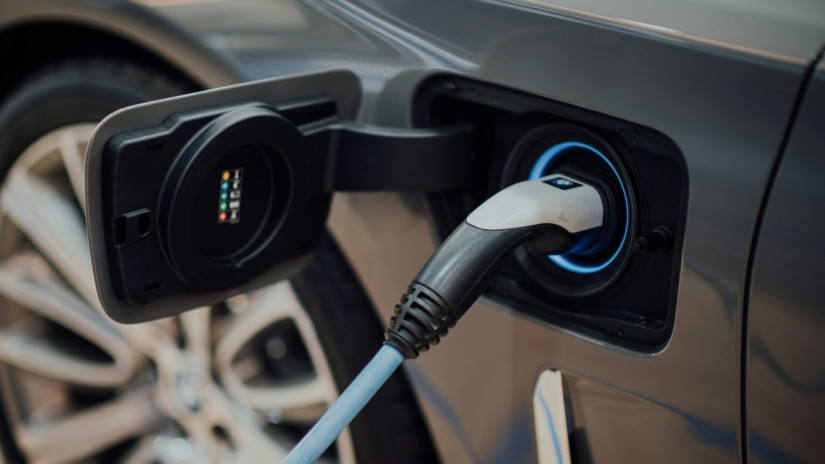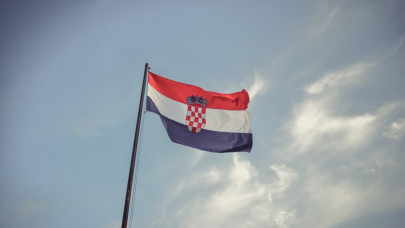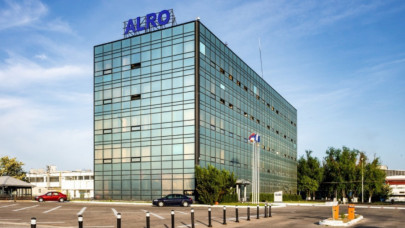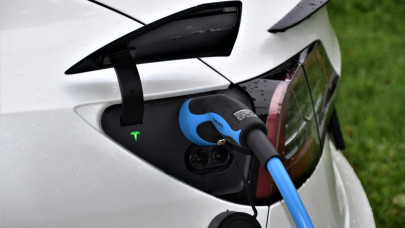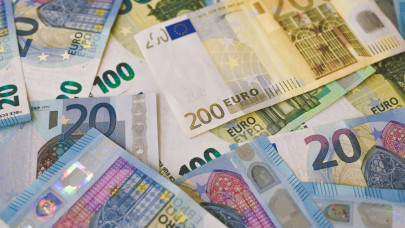EV market penetration in Europe currently stands at about 15%—well below the 25% target for the end of the year. “The market hasn't reached the tipping point for mass adoption,” warned Sigrid de Vries, ACEA's Director General. “We need strong, consistent incentives to drive demand and move toward our shared climate goals.”
Despite advances in EV technology and a growing number of models priced under €30,000, the high upfront cost remains a major hurdle—especially since battery-electric vehicles (BEVs) still cost more than internal combustion models. This price gap, largely due to expensive battery production, makes purchase subsidies critical, particularly for budget-conscious consumers.
Germany's sudden withdrawal of EV purchase subsidies at the end of 2023 offers a stark example: the BEV market collapsed, with sales plunging nearly 30%. And while Europe remains far from mass EV adoption, incentive schemes are being scaled back. Eight member states now offer no car purchase subsidies at all, up from six a year ago. The picture is even worse for trucks and buses: over a third of EU countries provide no support for heavy-duty vehicles, and only 12 offer any incentives for charging infrastructure—despite a near-total lack of public HDV-compatible chargers.
Proven to stimulate sales, incentives must be both well-funded and well-coordinated. But unlike countries like China, Europe suffers from a patchwork system of over 30 national schemes, each with its own criteria and funding levels. This has led to unequal EV uptake across the continent.
Belgium stands out for its generous programs and higher EV share. In contrast, Central and Eastern European countries tend to have weaker support and significantly lower adoption rates. Automakers had hoped the EU's Automotive Action Plan would address this imbalance, especially after Executive Vice-President Ribera signaled interest in a continent-wide subsidy framework. However, no concrete funding has yet been proposed.
To accelerate the transition to zero-emission transport and help meet climate targets, Europe urgently needs a stronger, better-aligned approach to EV incentives. Without it, fragmented national policies will continue to hold back the pace of progress.

